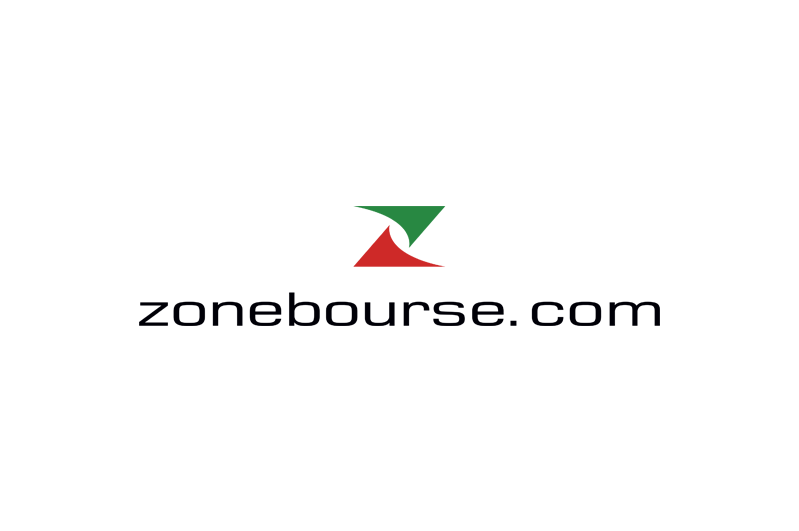Madison Metals uses NFTs to open up new opportunities for uranium trading

Canadian uranium explorer and miner Madison Metals has launched it as CEO Duane Parnham believes to be the first uranium-backed non-fungible token (NFT).
NFTs are digital assets defined by unique digital identifiers that are registered on a blockchain. The company hopes it can get retail buyers to invest in physical uranium by buying these tokens.
“It has become increasingly difficult to raise capital for very risky businesses, such as the companies you find in the mining industry. I was looking for ways to help bridge traditional funding methods to this new world, crypto-digitization, where a lot of new capital has been generated,” Parnham said in an interview with market intelligence firm S&P Global on March 10.
He explained that while the usual buyers of uranium would be utilities, governments or trading houses, the introduction of uranium-backed NFTs meant that a fourth market could hopefully be opened up.
“I think it’s going to open up a lot of opportunities for the physical uranium side of the trade,” Parnham said.
He explained that prior to tokenization, which only took place last October, the average retail investor was not really able to participate in uranium investments, as the mineral has always been traded as a supply contract between the miner and end-users.
He explained that Madison Metals has assembled a pipeline of high-value uranium assets, which have now been positioned within the blockchain trade.
Madison has signed a standard sales futures contract with a tokenization group, which will take the uranium, put it on a blockchain and trade it through the network.
“They are responsible – not Madison – for all tokenization and trading, whereas Madison has provided uranium to back this token on a pound-per-token basis,” Parnham said, noting that the tokenization of uranium would lead to that Madison finds new buyers.
He added that the global transition from hydrocarbon-based power to green energy power presented significant opportunities for uranium, as he believed more countries would declare nuclear power green.
Parnham believed that the widening gap in basic electricity supply and demand would only continue to worsen, paving the way for nuclear power to step in.
“Hydrocarbon and the clean energy sources right now are not sufficient to provide baseload power the way nuclear can. We’re already seeing countries like Germany and Japan and overseas changing and reversing their nuclear energy needs. I just think on that side of the equation, it’s going to be an increase in demand for puncturing,” he said, highlighting France as the first country to classify nuclear power as green.
There are already examples of NFTs being used to represent other physical commodities such as gold and silver.
In this context, an NFT can be used to represent ownership of the physical item, with the NFT as a digital representation of this. This enables easier and more efficient trading of commodities, as NFTs can be bought, sold and transferred without the need for physical transfer of the underlying asset.
Using NFTs to trade commodities can have several potential benefits, including increased liquidity, transparency and accessibility. In addition, NFTs can enable shared ownership of commodities, which can make it easier for smaller investors to participate in commodity trading.






















![Latest report for the Non-Fungible Token (NFT) Market [2023-2030] | Size, Share, Latest Trends, Analysis Latest report for the Non-Fungible Token (NFT) Market [2023-2030] | Size, Share, Latest Trends, Analysis](https://i.postimg.cc/NjmLkpwz/Non-Fungible-Token-NFT-Market.png)


